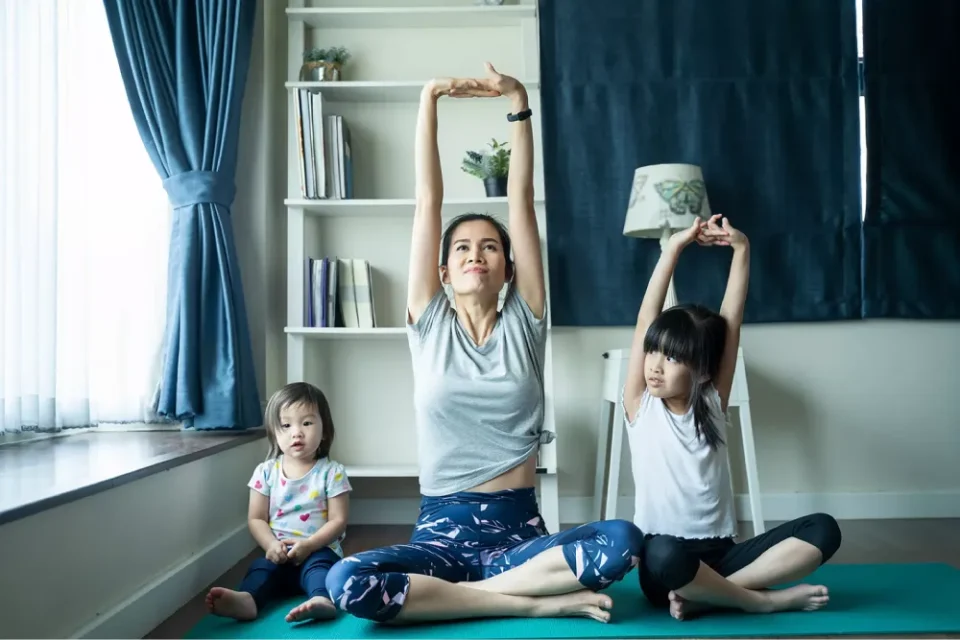Taking care of children’s needs often means putting your own on the backburner. However, prioritising self-care as a parent is vital for your mental and physical health, improving your patience and energy levels so you can be fully present for your family. This article explores practical ways busy parents and foster carers can practice self-care and make their wellbeing a priority.
Table of Contents
Get Enough Sleep
Lack of sleep is one of the biggest causes of stress for parents. Having a consistent bedtime routine helps, like limiting screen time before bed, taking a bath, reading or listening to calm music. If your child wakes in the night, avoid stimulating play. Focus on meeting their needs calmly, keeping lights dim and voices quiet. Consider shifts with your partner so you each get a solid sleep chunk.
Eat Nutritious Foods
It’s easy for nutrition to slip when you’re busy. Stock up on healthy grab-and-go options like yoghurt, fruit, nuts, sandwiches and chopped veggies. Hydrate with water throughout the day. Sit down to enjoy a hot meal when possible. Avoid stress eating sugary or fatty foods. Meal planning saves time and takes the guesswork out of cooking nutritious family meals.
Exercise Regularly
Finding time to exercise can be challenging with kids, but it significantly reduces stress and boosts energy and mood. Aim for 30 minutes per day, even if it’s broken into blocks. Go for a walk outside, do prenatal yoga at home, join an online workout class during naptime, pop to an exercise class while your partner watches the kids. Prioritise exercise that you enjoy.
Connect with Supportive Community
Parenting can feel isolating at times. Connecting with a community of other parents helps you feel understood and share practical advice. Attend mother’s groups, kids’ classes, or meetups. Video chat family and friends when you can’t meet in person. Join an online parenting support group. Check if your area has support groups specifically for foster carers if you are fostering with Fostering People.
Practice Self-Care Routines
Carve out small windows in your day for self-care routines. Enjoy a cup of tea while reading or listening to a podcast. Take 5 minutes to stretch or meditate. Soak in a bubble bath. Light a scented candle. Listen to music. Sit outside. Self-care routines, even in short bursts, are powerful for de-stressing.
Say No to Obligations
Being needed 24/7 can take a toll. Give yourself permission to say no to non-essential obligations in order to prioritise self-care and family time. Delegate tasks when possible. Let go of unrealistic standards, and don’t feel guilty for leaving the vacuuming or replying to messages for later. Take time outs when you start to feel overwhelmed or irritable.
Seek Professional Support
If stress, depression or anger issues persist despite your best self-care efforts, reach out for professional support. Many parents benefit from counselling. Your doctor can refer you to free or subsidised services. For foster carers, respite care services provide essential time out. Don’t be afraid to ask for help.
Make Time for Your Relationship
Strong partnerships help weather parenting storms. Set aside couple time, even if it’s just half an hour after the kids sleep to talk and reconnect. Trade off taking kids out of the house to give each other space. Show affection and appreciation for each other daily. Seek counselling if you’re having trouble communicating or resolving conflicts.
Be patient and keep trying different self-care strategies until you find what works for your situation. Your wellbeing matters.

